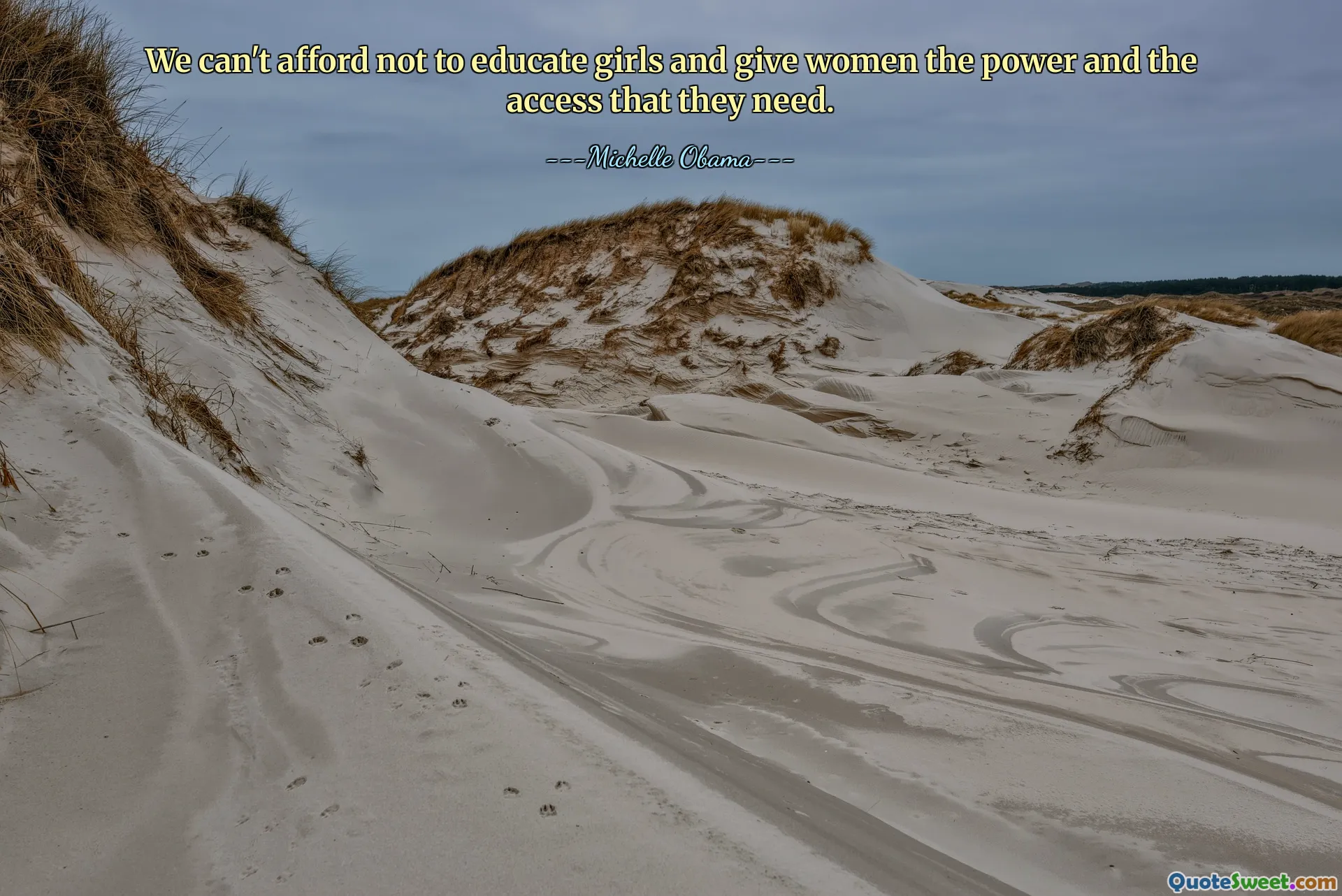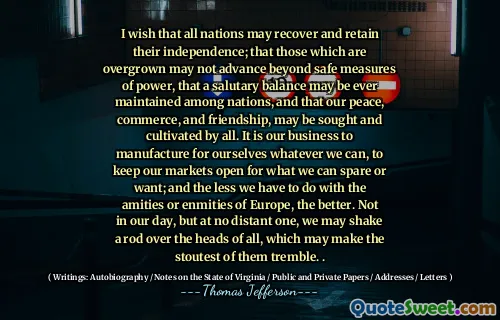
We can't afford not to educate girls and give women the power and the access that they need.
Empowering girls and women through education is not merely a matter of fairness; it is a fundamental necessity for global development and societal progress. When girls are educated, they acquire knowledge, skills, and confidence that enable them to make better life choices, contribute meaningfully to their communities, and uplift entire generations. Educational access helps break the cycle of poverty, reduces gender inequalities, and fosters economic growth by creating a more skilled workforce. Moreover, educated women tend to prioritize health, nutrition, and the well-being of their families, leading to better health outcomes and increased life expectancy.
Investing in female education also has a ripple effect on societal norms and traditional gender roles. It challenges gender stereotypes and promotes equality, encouraging more inclusive participation in decision-making processes at all levels. While some may perceive the costs of expanding educational opportunities as significant, the long-term benefits vastly outweigh these initial investments, making it a moral and practical imperative.
In a rapidly changing world, the power to access information and opportunities must be equitable. Girls and women often face barriers such as cultural expectations, economic hardship, or lack of infrastructure, which hinder their educational pursuits. Addressing these barriers is critical to achieving global and local development goals. Overall, empowering women through education is a catalyst for sustainable progress, and enabling their access to knowledge and resources is indispensable for creating just, innovative, and resilient societies.











